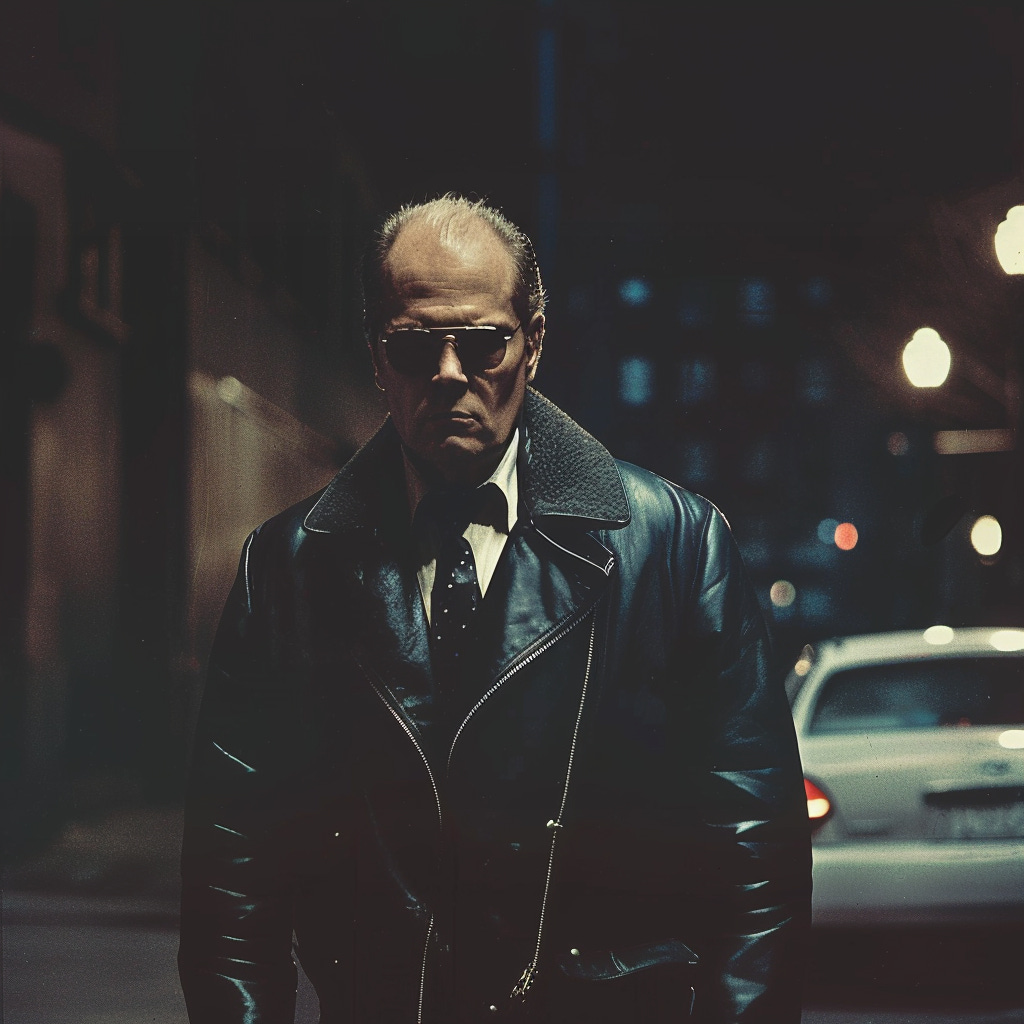Black Mass Brought the Whitey Bulger Saga to the Big Screen
The 2015 film starring Johnny Depp brings the story of James "Whitey" Bulger's rise to the top of Boston's underworld through the help of fellow gangsters and corrupt FBI agents
Captured
In June 2011, James Joseph Bulger Jr. was arrested by the FBI.
Better known by his nickname “Whitey,” a reference to his blond hair, Bulger had spent the previous sixteen years on the run from the law. He’d worked as an FBI informant since the 1970s and provided US law enforcement with valuable intelligence on his rivals, the New England mafia’s Patriarca family.
But Bulger was certainly no innocent–he had been the leader of the notoriously violent Winter Hill Gang, amassing a long criminal history of his own.
For a time, his FBI handler, John Connolly, protected him from criminal prosecution in exchange for information on the Patriarcas.



